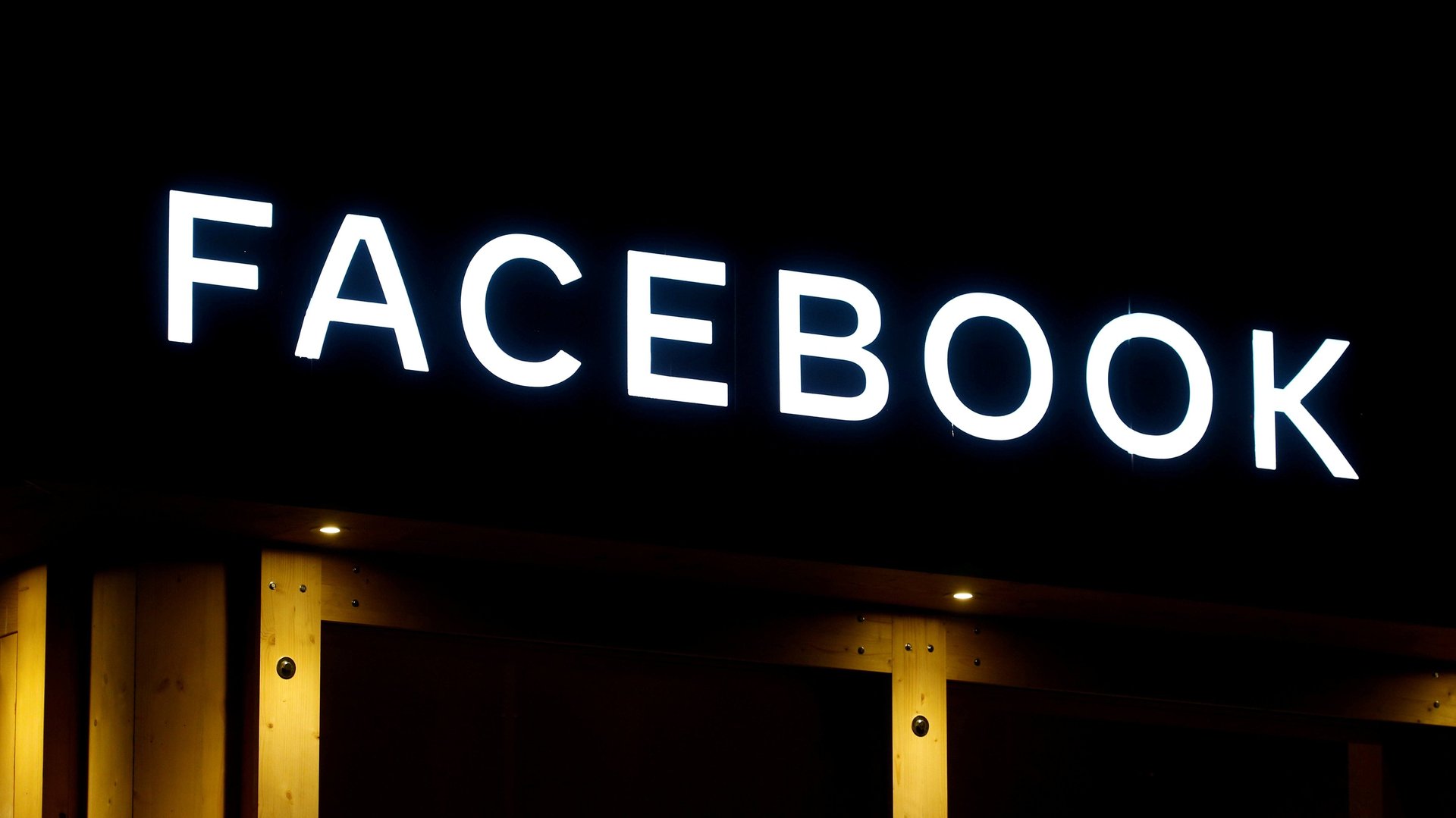The future of Facebook is everything but Facebook
Facebook’s future will be all about the family. Specifically, Instagram, Messenger, and WhatsApp, the family of messaging apps that will steer the platform’s growth.


Facebook’s future will be all about the family. Specifically, Instagram, Messenger, and WhatsApp, the family of messaging apps that will steer the platform’s growth.
In an earnings call today for the fourth quarter of 2019, the company reported that 2.26 billion people use at least one Facebook product everyday. The figure is an increase of 11% from last year, and is also the greatest source of user growth for the platform. Facebook alone saw more modest gains, with 1.66 billion users logging on at least daily, an increase of 9% from 2018. Historically, the company has refrained from sharing specific numbers on WhatsApp and Instagram.
In the future, it’ll be even harder to decipher how much of an influence Facebook has versus the other messaging platforms under its belt. The company has recently begun sharing “Family” stats (which include Instagram, WhatsApp, and Messenger) in its earnings reports, alongside figures for the main Facebook product. Facebook’s CFO David Wehner confirmed to TechCrunch that the company will stop sharing Facebook-only stats later this year.
From its refusal to fact-check political ads to its mishandling of content moderators, Facebook’s list of misdeeds only piled up in 2019. Still, the social media giant’s revenue continues to grow. Facebook’s revenue grew 25% to $21.1 billion for the fourth quarter, from $16.9 billion in 2018, beating analyst expectations of $20.9 billion. But a look at Facebook’s modest profit growth for last quarter (7%, compared to 61% in 2018) is a sign that something is going wrong.
While users are continuing to log on to Facebook’s main site, the iconic blue News Feed is not drawing as many eyeballs as it used to. Roughly 98% of advertising revenue for the fourth quarter of 2019 was due to mobile. Ephemeral, disappearing ads in the form of Stories on Facebook’s family of products have begun to replace more traditional, desktop ads. The company reported earlier this year that 4 million advertisers are using Stories ads across Messenger, Instagram, and WhatsApp.
Ironically, Facebook, the company whose success relied on making everyone’s private lives more public than ever, is imagining a more intimate future. “The greatest growth in how people are communicating continues to come from private messaging, small groups, and disappearing stories,” said CEO Mark Zuckerberg during the earnings call.
While younger users are dropping Facebook in droves, they are flocking to Instagram, especially for its Stories feature. Facebook and Instagram’s AR face filters are also remarkably popular, and Facebook’s Spark AR platform is the one most commonly used by developers. Finally, with Instagram’s direct messages, Messenger, and WhatsApp under its belt, Facebook appears to have a monopoly on over-the-top private messaging apps. The company plans to add a payment platform to both WhatsApp and Instagram. In the next six months, WhatsApp Pay, which is already in India, will launch in several more countries. Finally, Facebook’s VR investments appear to be paying off. Zuckerberg reported that people bought almost $5 million in content on the Oculus Store on Christmas Day.